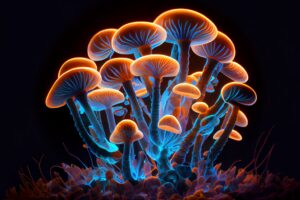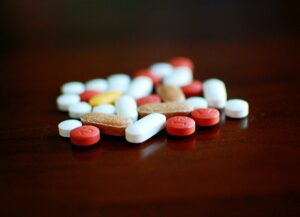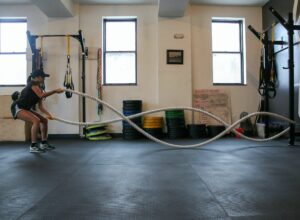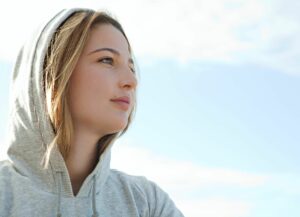COVID has turned the world upside down, and you may be spending most of your time at home now. Being at home can lead to a better work-life balance, but it can also increase feelings of anxiety, a lack of focus, or even leave you feeling isolated and depressed.
Microdosing, or the practice of small quantities of psychedelic substances, such as cannabis, LSD, or psilocybin, has exploded in popularity over the past few years. From your friendly neighborhood dog walker to leading execs at Silicon Valley giants, the word on the street – microdosing helps cure a myriad of modern-day lifestyle ailments.
Today, there’s increasing anecdotal and some research-based data, which does indicate microdosing may increase a sense of well-being, lift anxiety or depression, and even stoke the fire of creativity. Some have even called microdosing a “productivity hack”.
What is Microdosing Psychedelics?
Microdosing is the practice of taking tiny doses of a psychotropic or psychedelic substance at “sub-therapeutic” levels. Typically, 5 to 10 percent of a standard dose of any drug is considered a microdose. A microdose intends to not have you experience things like visual hallucinations or altered perceptions of reality.
Ideally, you take a small enough amount to not have a noticeable full-body effect, but enough to create a cellular response. While microdosing, you may often forget that you consumed a substance but may feel calmer, happier, or more focused.
Microdosing preferences, from which substance to consume, to correct dosage, varies from person to person. Everybody is different, so a microdose for one person may feel like a macrodose for others. As we are all different, successful microdosing requires some trial and error to find what works best, if at all. For many, the experience is extremely positive, and for others, the adverse effects outweigh any positive benefits – microdosing is highly individual.
Microdosing and Cannabis
Some people classify cannabis as a psychedelic. A microdose of cannabis is typically between 2mg to 5mg of THC, but some consider 10mg a microdose. However, every person reacts differently to cannabis strains, consumption methods, and dosage. This is due to the endocannabinoid system and how THC and CBD bind to receptors within our bodies.
New clinical research indicates that lower doses of cannabinoids may be more effective at treating specific conditions, such as pain or PTSD. Well- known cannabis physician, Dustin Sulak says, “When you raise the cannabis dose sometimes you get diminished benefits, and sometimes you get the opposite of what you are looking for…The goal is to use the dose that gives the most minimal noticeable effect.” So, while a microdose may reduce anxiety, a macrodose of marijuana may actually increase or cause it.
Research and the Psychedelics Renaissance
We are in the middle of a psychedelics renaissance, and plant-based psilocybin is one of the psychedelics taking center stage. Mainstream research institution, Johns Hopkins Center for Psychedelic and Consciousness Research, is leading the charge publishing groundbreaking studies regarding psychedelics and psilocybin in more than 60 peer-reviewed articles within multiple scientific journals.
The social media platform Reddit is a popular forum for people who microdose, (with 40,000 users subscribing to the /r/microdosing subreddit). People often report microdosing psilocybin so that they might increase creativity, calm anxiety, decrease the need for caffeine, and reduce depression.
Microdosing LSD, or lysergic acid diethylamide, has become popular with the tech set of Silicon Valley and peppered into West Coast conversations the way people might discuss wine.
Although initial research varies on the effectiveness of microdosing, there is some evidence as to why people feel positive effects, especially from psilocybin and LSD. Professor Johannes Ramaekers from Maastricht University collaborated with UK-based Beckley Foundation to investigate the effects of microdosing LSD. He says brain images indicate that “the crosstalk between these brain networks actually increases. So that seems to indicate that there’s a lessening of the boundaries that are put around these networks. That enables more crosstalk and more communication between these networks, which suggests that there’s increased flexibility within the brain processing of stimuli and information that comes in.”
It’s an interesting topic and I think we have only begun to scratch the surface.
Clinical Evidence Versus Anecdotal Evidence
In the era of COVID, microdosing cannabis or psychedelics is a hot topic. Not enough clinical evidence exists, but anecdotal evidence may provide some hope for people looking for relief from anxiety or mild depression. For others, microdosing may simply help give a change of perspective during challenging times. Whether you choose to microdose or not is highly individual and largely based on trial and error. What works for your friend may not work for you.
I’d suggest checking out Dr. James Fadiman as he has done a lot of research into this area.






